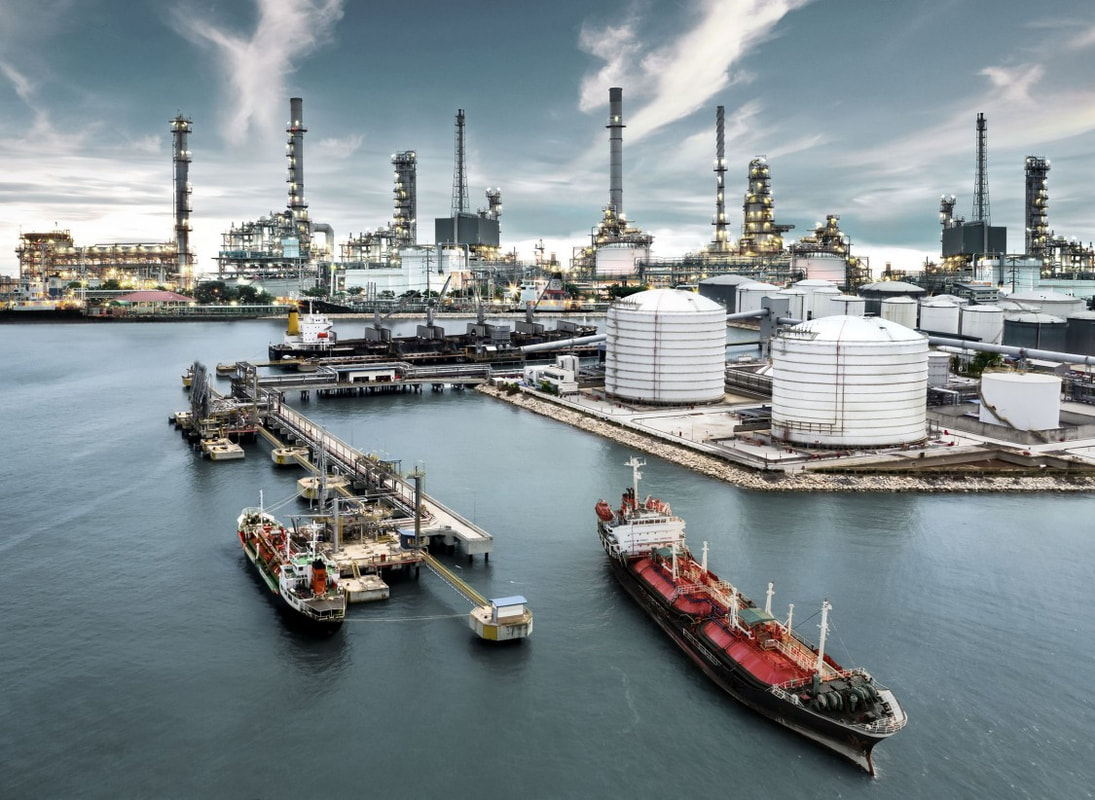Earlier in March, the UK government said it would phase out imports of Russian oil, which account for about 8 percent of its total imports, by the end of 2022. So Johnson has been out looking for alternative supplies and this week, has visited Saudi Arabia and the United Arab Emirates in seach of those supplies. However, his trip was to no avail and he left empty handed. Venezuela is also on the list with promises of sanction relief in exchange for oil derivatives.
The EU are taking a more cautious approach to oil and gas sanctions because it is much more heavily reliant on Russian fossil fuels. Russia supplies about 40 percent of the EU’s imported gas and 25% of its crude oil. If the EU decided to change to a firmer stance on sanctions, the UK economy would take a hit on the economy of between $92 and $98.7 billion (70-75 billion pounds), Chancellor Rishi Sunak told ministers. This is equal to 3 percent of the UK’s GDP. According to the European Central Bank, a decrease of 10 percent in gas supplies to Europe would translate into a 0.7-percent GDP decreaes. So instead of a complete ban on Russian oil and gas imports, the EU will now look to decrease its imports of Russian gas specifically by two-thirds within a year. The bottom line is that the UK and EU need to find significant supplies of oil and gas from elsewhere and this transition is highly likely to cause volatility in the markets and pain for consumers.
0 Comments
Leave a Reply. |
AuthorTim the trader Archives
January 2025
Categories |
Site powered by Weebly. Managed by iPage

 RSS Feed
RSS Feed